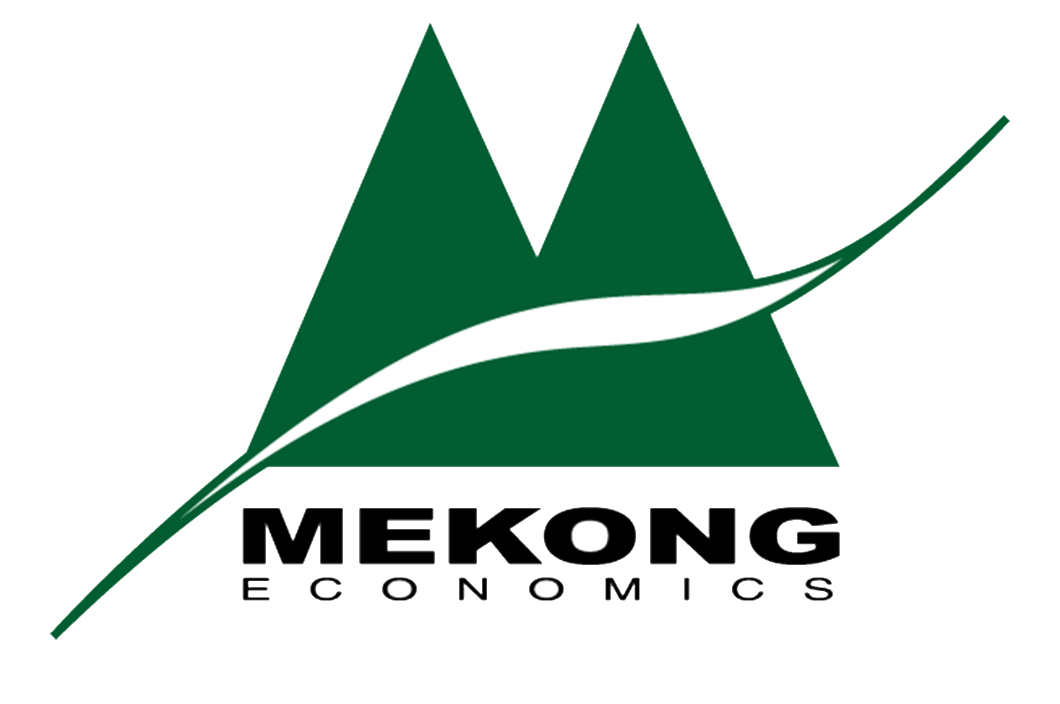Long term Arrangement (LTA) on Third Party Field Monitoring Services (Progress Review Team)
Description of Project:
UNICEF Myanmar with its network of 8 field office supported humanitarian and development interventions in thematic programme areas of WASH, Health and Nutrition, Education, Child Protection and Social Policy and Child Rights Monitoring to further the rights of children. MKE supported UNICEF in monitoring humanitarian and development interventions, including identifying any unmet needs and difficulties faced by women and children, monitoring UNICEF-supported interventions, focusing particularly on locations where UNICEF has limited or no access.
Key objectives of the Phase 1-2 assignments included:
· Verifying progress reports submitted by implementing partners;
· Assessing appropriateness of UNICEF’s response interventions to the needs of the affected populations;
· Monitoring programme interventions based on agreed standards / criteria;
· Identifying gaps in delivery of services (including supplies);
· Conducting situation monitoring to identify any emerging issues related to the affected population which needed urgent attention by UNICEF.
Covid-19 assessment: MKE entailed a quick socio economic assessment following COVID-19 outbreak covering perceptions, psychosocial check-in and family arrangement. It aimed to examine the current public awareness towards Covid-19, and track the changes in working situation, family arrangements and mental illness every two weeks interval, as well as to assess individual knowledge, attitude and practices and enabling environment in regards to accessing trustful media. The findings guided the UNICEF to identify the needs of people, and to better understand in providing effective and efficient responses.
Multi-sectors Rapid Needs assessment: It aimed to generate evidence on the impacts of the emergency (Covid-19 and 1st February 2021 coup) on household level basic needs. It covered a broad array of sectors of UNICEF programmes in Myanmar, including Health, Nutrition, Education, WASH, Child Protection, and Social Protection/Services. The findings helped improve the ability of UNICEF to advocate, coordinate, fundraise, and allocate funds for appropriate and relevant responses.
Description of actual services provided by your staff within the assignment:
MKE implemented the following tasks in consultation with UNICEF Myanmar Country Office:
Phase 1-2
· Conducted field monitoring as per the requirement, including 30 generalist visits, 1 supervisory visit (Phase 1), and 90 generalist visits (Phase 2);
· Independently obtained approval (including Travel Authorization) from relevant government and security authorities for travel;
· Organized trainings for monitors on the checklist and guidelines/standards drafted by UNICEF to ensure credible and good quality data collection;
· Carried out independent monitoring and assessment of the progress against key activities and inputs of UNICEF’s humanitarian and development work. Validated the reports submitted by partners and seeked feedback from the affected population and key informants;
· Submitted monitoring/assessment reports in English as per the agreed template;
· Used real time data collection tools;
· Contacted the Chief of PME unit and focal points for respective field office and sections by phone and email about any issues or gaps in programme activities that needed to be urgently addressed;
· Conducted regular (online/onsite) pre-post deployment meetings with UNICEF field office staff;
· Conducted de‐brief meetings with UNICEF towards the end of each phase to consolidate experiences and identify progress, main challenges and lessons learnt.
Covid assessment
· Finalized questionnaires drafted by UNICEF;
· Identified key respondents from prioritized townships in six states/regions;
· Developed online-offline mobile data collection form;
· Arranged logistics to reach hard-to-reach areas (including Non-Government Control Area);
· Conducted telephone surveys (100 respondents in Mindat - Chin State), 200 respondents in Kayah State and 150 respondents in Kayin State, and 164 respondents in Sagaing region); Data management and quality control;
· Conducted data analysis and report writing.
Rapid Needs Assessment
· Finalized questionnaire drafted by UNICEF, translated and transferred to KOBO software;
· Developed project work plan and supervised the data collection team;
· Identified list of respondents (including KIIs) in targeted townships in 3 states and 1 region, using snowball method;
· Arranged logistics to reach hard-to-reach areas (including conflict affected areas, remote villages, Non-Government Control Area, IDP camps);
· Conducted 614 telephone surveys with households, and KIIs in 13 townships (including temporary IDP camps) in targeted states and region within the project timeframe;
· Conducted data quality control;
· Conducted primary data analysis and wrote up key findings;
· Submitted final report and PowerPoint presentation of key findings of each State and Region.
